Growing up, fitting in wasn’t always easy. I was the American-born son of Haitian parents who desperately wished for their child to be attracted to women — which I wasn’t. I grew up in predominantly white spaces, often becoming the token Black friend my peers turned to when they needed a representative of Black culture. Not to mention, I was raised in a religion that actively told me I could never be accepted because of my sexuality.
Fortunately, I was able to circumvent my inability to conform by learning how to become a social butterfly. I could float from clique to clique, and morph myself into whatever anyone else needed me to be — or what I thought people wanted me to be. My chameleon-like tactics seemed to work. But when it was time to face my own people — those who looked like me — the chameleon died, and my true colors were revealed. I didn’t know who I was.
The most visceral deaths of my inner chameleon happened in the same place — a place that terrified me, and I was unwilling to brave alone: my local barbershop.
Down the road from my childhood home, a shop was owned and run by Haitians, for Haitians. My parents were steadfast in making sure their money went to our people, tracking down every Haitian-owned business possible within a 10-mile radius. After years of getting my hair cut by my father, I was ready for a professional to keep my hair looking sharp and sleek. I wasn’t ready for was the level of disdain I would receive when I stepped inside the shop.
I was pretty deft as a child. After all, a kid knows when they’re not liked or wanted. I understand now as an adult that the rejection from barbers and patrons came from discrimination based on my (assumed) sexuality. As a kid, all I knew was that I didn’t fit in, I wasn’t liked, and I couldn’t connect. I remember watching barbers crack jokes with patrons and share stories while talking sports, cars, and women. This was their culture. If ever I tried to chime in, I was completely ignored or immediately shut down. Sometimes comments were said out loud in hopes I would hear.
What was I to do? How would I react? How else would I get shaped up? It left me feeling sad and empty, with so many questions. Was it the way I spoke? Was it how I dressed? Was I smiling too much? Did I not have a certain swag? All I could do was close my eyes and hope for a quick exit.
Facing society’s microaggressions as a Black person in addition to the prejudice I faced within my own community is something not uncommon within Black culture, particularly in barbershop culture. It’s as though there is an unspoken code as a closeted gay Black man that I never learned.
Getting a haircut is sacred in our community. It matters who does you up. Knowing which barber’s chair to sit in is important because your barber is your friend. Your barber becomes part of your family. Developing a relationship with someone who understands your hair, your kinks, and your style is important. It’s not something we as Black men can find everywhere.
I came out of the closet at the end of high school. When I entered college, I began to gain more confidence in who I was, and started to own my gay identity. It felt empowering. When it was time to find a new barbershop, I stumbled on a place recommended to me by some classmates. As soon as I stepped inside, my childhood feelings came rushing back as I watched the eyes firing at me. Everyone could tell I didn’t speak the code. This was a larger shop with dozens of barbers, unlike my childhood shop that housed a humble four. Who was I to pick? Who could I trust?
It took some bouncing around (three to be exact) over a period of six months. The fourth barber chair I sat in felt different. I was met with a man who greeted me with a smile and firm handshake. A man who could see I didn’t speak the code, but it didn’t bother him. He had a picture with the Old Spice Guy hanging up on his mirror! For some reason, that sat well with me. We got to know one another, cracked a couple jokes, and shared a few stories. He was the first barber who asked me where I was from. That meant something.
Flash forward seven years, and Marcello and I are still friends today. Rest assured, he still cuts my hair. I found my guy and I’m never letting go. In fact, he was able to leave the shop where we met to open up his own place — and I was the first person he told. That also meant something.


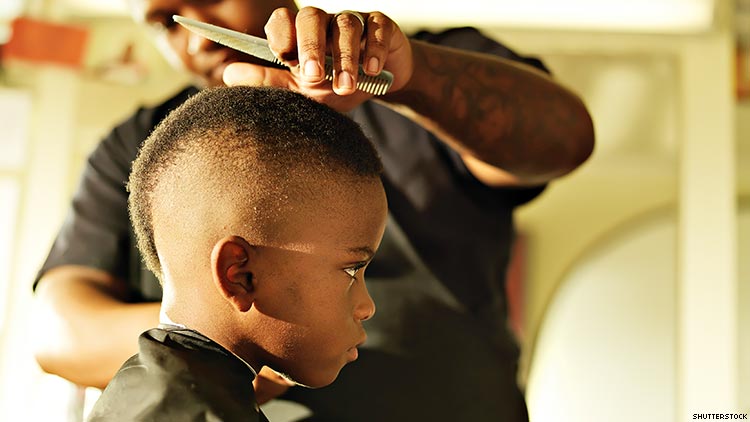


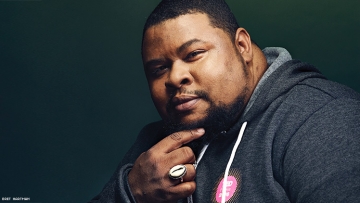
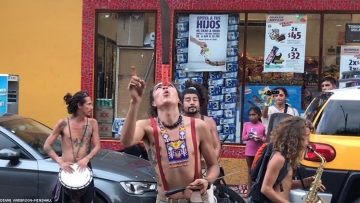
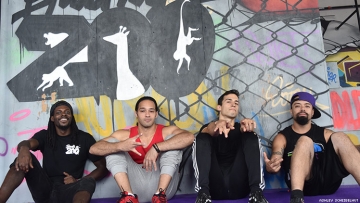
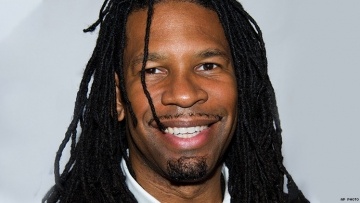
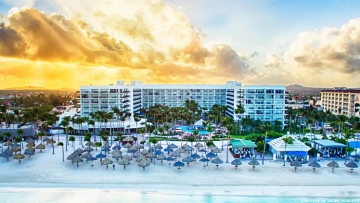
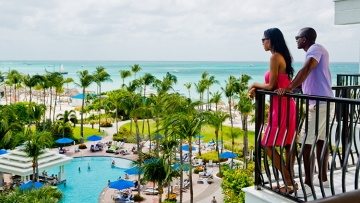
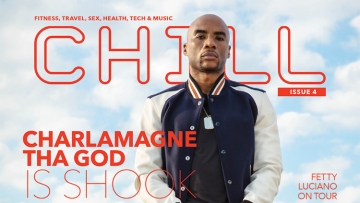



READER COMMENTS (